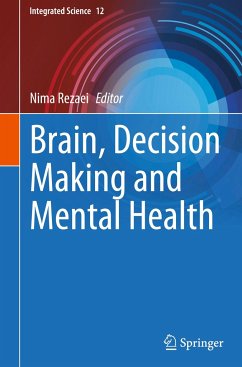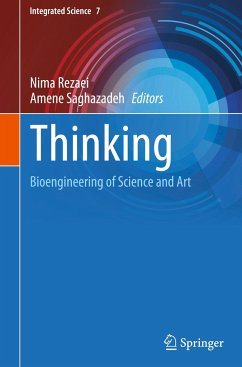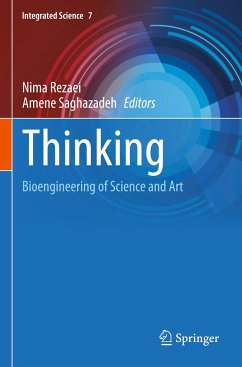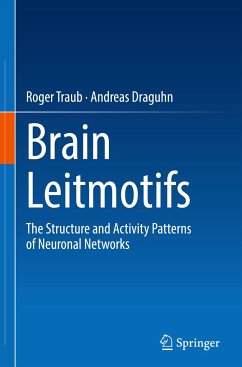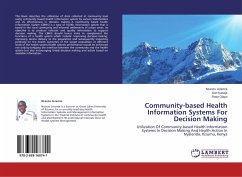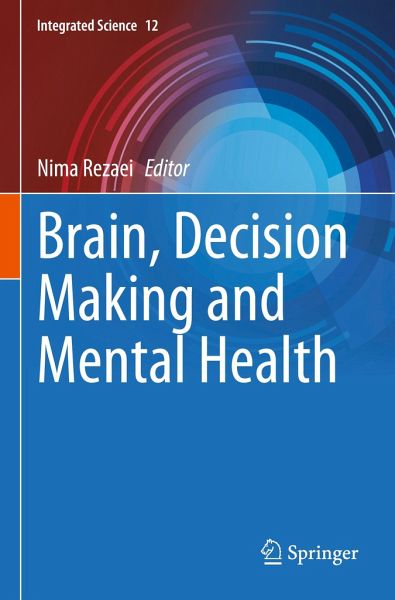
Brain, Decision Making and Mental Health
Versandkostenfrei!
Versandfertig in 6-10 Tagen
166,99 €
inkl. MwSt.

PAYBACK Punkte
83 °P sammeln!
Brain, Decision Making, and Mental Health acknowledges that thinking is not a constant phenomenon but varies considerably across cultures. Critical thinking is particularly important in bridging thinking divisions and its applicability across sciences, particularly medical sciences. We see critical thinking as educable and the arts as means to achieve this purpose. We address the multidimensional relationship between thinking and health and related mechanisms. Thinking mainly affects emotion regulation and executive function; in other words, both mental and physical health are related as a fun...
Brain, Decision Making, and Mental Health acknowledges that thinking is not a constant phenomenon but varies considerably across cultures. Critical thinking is particularly important in bridging thinking divisions and its applicability across sciences, particularly medical sciences. We see critical thinking as educable and the arts as means to achieve this purpose. We address the multidimensional relationship between thinking and health and related mechanisms. Thinking mainly affects emotion regulation and executive function; in other words, both mental and physical health are related as a function of thoughts. Considering the thinking-feeling-emotion regulation/executive function pathway, it would be reasonable to propose thinking capacities-based interventions to impact emotion regulation and executive function, such as mindfulness and psychotherapy. We review decision-making taking place in integrated and social contexts and discuss the decision-making styles-decision outcomes relation. Finally, artificial thinking and intelligence prepare us for decision-making outside the human mind.



